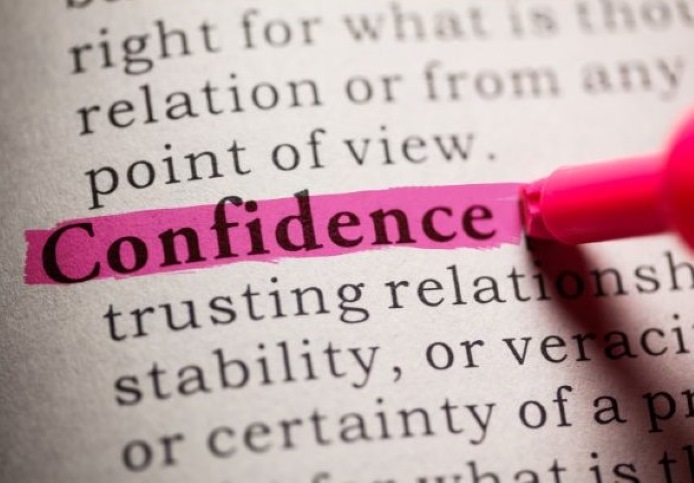How can one become a confident individual and no longer rely on others' emotions? Many of us are often afraid of losing our self-image in front of others, yet inadvertently lose ourselves in striving for perfection in the eyes of others.
1.Why do humans have a strong need to please others?
Throughout life, from workplaces and academic settings to everyday personal interactions, we often find ourselves desiring to make others fond of us upon initial encounters. The reasons are as follows:
1.1. Establishing Long-lasting, Quality Relationships
Every individual, when seeking to please someone, desires to receive affection in return. This is because they seek companionship and ultimately desire to foster relationships within their social circle to fulfill various needs, depending on each person's conversational context.
1.2. Striving to Be Perceived as Friendly
In reality, many individuals tend to suppress their own personalities during initial or even repeated encounters in communication. This is because they aim to present themselves as friendly to others, bridging gaps and creating an approachable image to easily connect with those around them.
1.3. Fear of the Shadow of "No Relationships"
Many individuals fear the prospect of not having friends or relationships around them. Over time, this fear can inadvertently lead to feelings of insecurity and a loss of independence within the relationships they choose. Consequently, many among us succumb to this fear, relinquishing the rightful freedom of choice we inherently possess.
2.Becoming a Confidence and Managing Personal Emotions
If you're constantly striving to please others, gradually your emotions may become "controlled" by the actions of others. Imagine yourself wanting to cry but forcing a smile to appease someone else. And also, consider a scenario where you desire privacy for yourself, yet others want you present at a party; you reluctantly attend and feign enthusiasm. In these situations, you're living in the emotions of others, unsatisfied with your own.

How to be confident? - Source: Internet
2.1. How to Become Confident in Your Own Emotions?
Firstly, you must accept your own emotions. Indeed, when you genuinely embrace your emotions, acknowledging both joy and sorrow, and learn to control them, your behavior becomes more confident, independent, and decisive in the relationships you choose.
Secondly, express your inner emotions through writing. It's truly miraculous how, as you begin to document your feelings on paper, you gradually understand your own self-worth and what you truly need. Expressing all emotions through your daily journal allows you to explore where you stand emotionally and what your inner self truly craves.
Thirdly, love yourself. When you cherish your emotions and embrace your true self, while also nurturing your knowledge, intellect, and appearance, you become more confident in your own skin and within yourself.
Fourthly, choose the thoughts you focus on. There's a famous saying that many people worldwide have successfully applied, and we observe this to be highly accurate in reality. When you think of yourself in a certain way, you tend to attract relationships that mirror that perception. When encountering others, you remain true to yourself, seeing yourself reflected in their image without compromising your individuality or self-confidence while building a relationship with them.
2.2. Effective Emotion Regulation Techniques
Have you ever experienced a situation where your own mood jeopardized a good relationship, missed personal opportunities, or disrupted important events? That's why it's crucial to learn how to control ourselves.

And how to manage emotions - Source: Internet
Firstly, cultivate your own mind. When you reach a certain level of mental resilience, you become less dependent on the emotional decisions of others. Strengthening your mind involves exposing yourself to individuals with higher frequencies through communication, watching and listening to YouTubers, and engaging in activities that challenge your intellect.
Secondly, seek out personal space. A quiet place where you can be alone allows you to discover many aspects of yourself that may have gone unnoticed. It's from here that you'll uncover interesting and new things about yourself. This is a crucial moment for you to be entirely self-sufficient, gradually becoming independent in thought, decision-making, and especially in your choices.
Conclusion
It's evident that to become confident and master one's own emotions, investment in demeanor and posture while walking and standing creates a distinctive aura for each individual. Initial changes will undoubtedly pose challenges, but over time, you'll evolve into the person you've built yourself to be.






